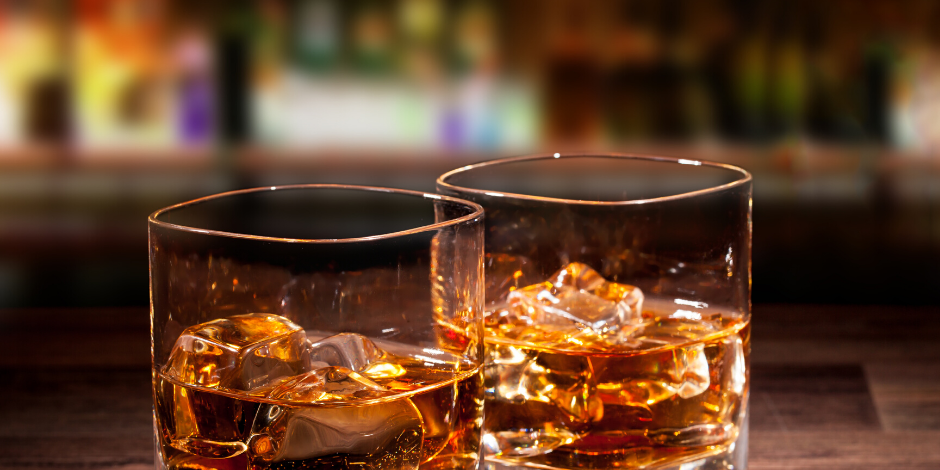“All bourbon is whiskey, but not all whiskey is bourbon”
– Abraham Lincoln (probably)
Alright, gather ’round folks, let’s talk about something that stirs up more passion in Kentucky than a Wildcats game against Louisville: the difference between bourbon and whiskey. Now, if you’re from the Bluegrass State, you know this isn’t just a question, it’s a way of life. So, let’s dive into this spirited discussion with a dash of humor and a whole lot of Kentucky pride.
The Great Bourbon vs. Whiskey Debate: A Kentucky Take on the “Distilled” Truth
Q: What is the difference between bourbon and whiskey?
A: Whiskey is that shit they drink in Tennessee.
There, I said it. Now that we’ve got that out of the way, let’s break it down a bit more for those who might not have been raised on the sweet nectar of the gods known as bourbon.
Whiskey: The Overarching Category
First things first, whiskey is the big umbrella under which bourbon lives. Whiskey is any distilled spirit made from fermented grain mash and aged in wooden barrels. It’s like saying all bourbon is whiskey, but not all whiskey is bourbon. Think of whiskey as the general education course, while bourbon is the advanced, highly specialized class you brag about taking.
Whiskey can be made anywhere in the world – from the lush highlands of Scotland to the farmlands of Canada. But let’s be real, not all whiskeys are created equal. Some of it is smooth, some of it is smoky, and some of it… well, some of it just ain’t worth sipping.
Bourbon: The Pride of Kentucky
Now, bourbon, my friends, is a special breed of whiskey. There are a few rules that bourbon must follow, and Kentucky does it best (no bias here, just pure fact). According to federal regulations – yes, the US government actually cares about this – bourbon must be made in the U.S., contain at least 51% corn, be aged in new charred oak barrels, distilled to no more than 160 proof, and entered into the barrel at no more than 125 proof. Lastly, it must be bottled at 80 proof or more.
But here’s the kicker: while bourbon can technically be made anywhere in the U.S., about 95% of all bourbon is made in Kentucky. Why? Because we’ve got the perfect limestone-filtered water, the ideal climate, and generations of know-how passed down from our bourbon-making ancestors. Plus, we’ve got something else that no other place has: a healthy dose of Kentucky pride.
The Tennessee Twist
Now, let’s talk about that “other” whiskey from Tennessee. Tennessee whiskey, specifically Jack Daniel’s, likes to think of itself as something special. And it is, in the same way that a cute little cousin is special – adorable and kind of amusing, but not exactly the big leagues. Tennessee whiskey undergoes an extra step called the Lincoln County Process, which involves filtering the spirit through charcoal before aging. They say it makes it smoother. We say it makes it taste like watered-down bourbon.
Tasting Notes: The Kentucky Difference
When you sip on a glass of Kentucky bourbon, you’re getting a mouthful of caramel, vanilla, and a hint of spice – it’s a warm hug in a glass. Tennessee whiskey, on the other hand, is a bit like getting a friendly pat on the back. Sure, it’s nice, but it lacks that full-bodied embrace that bourbon gives you. It’s like comparing a luxurious, hand-stitched leather recliner to a folding lawn chair.
Final Thoughts
So, there you have it: the difference between bourbon and whiskey, served with a generous pour of Kentucky bias. Remember, folks, whiskey might be fine for those across state lines, but here in Kentucky, we know the real deal. Bourbon is more than just a drink; it’s our heritage, our pride, and, let’s be honest, our best export.
So, next time you raise a glass, make sure it’s filled with bourbon – because life’s too short to drink inferior whiskey. And as we like to say around here, “There’s no place like home, and there’s no drink like bourbon.”
Cheers, y’all!
